
Climate Resilience & Adaptation
We engage and educate citizens in climate adaptation. Extension programs promote resilient and well-adapted coastal Connecticut communities and economies.
Program Spotlight
Information, tools, trainings, and workshops that assist municipalities, businesses, and residents.
Assisting communities by harnessing the power of trained undergraduate students.
Step-by-step guide on how to build your own rain garden.
Find a Program
Contact an Educator
Center for Land Use Education And Research (CLEAR)
CLEAR is a partnership of the Department of Extension and the Department of Natural Resources and the Environment at the College of Agriculture, Health and Natural Resources, and the Connecticut Sea Grant College Program. Support for CLEAR comes from UConn and from state and federal grants.
CT Sea Grant
Connecticut Sea Grant works toward achieving healthy coastal and marine ecosystems and consequent public benefits by supporting integrated locally and nationally relevant research, outreach, and education programs in partnership with stakeholders.
CT Trail Census
The Connecticut Trail Census is an innovative statewide volunteer-based data collection and education program that encourages data-informed decision making and promotes active citizen participation in multi-use trail monitoring and advocacy. The Trail Census includes trail use counts recorded by infrared pedestrian counters, trail user intercept surveys administered by trained volunteers, and public education programs. The project is statewide and serves community leaders and decision makers including local elected officials, planners, economic development professionals, trail advocates, trail maintenance professionals, environmental, health and outdoor activity advocates, as well as the general public. The program was developed as a partnership program between the University of Connecticut, the Naugatuck Valley Council of Governments, the Connecticut Greenways Council, and local trail advocacy organizations.
Coastal Habitat Management
Connecticut contains a wide variety of ecological habitats, ranging from the coast to the highest elevations in the northwestern part of the state. Our geological history, climate, and soils, as well as land use history, shape the habitats and vegetation we see today. The term “habitat” is used in a very broad sense here to encompass both the biological component of a particular place (such as a forest dominated by certain tree species) and the physical location where a particular species is likely to be found (such as a vernal pool, where fairy shrimp would likely be found) or a coastal sand dune (where American beach grass occurs).
Environmental Action
The goals of Connecticut Environmental Action Day are:
- To have students create environmental action ideas for their community.
- Inspire students to submit their environmental ideas to the Climate Change Challenge Competition.
- Provide an opportunity for students to receive recognition for their environmental action initiatives.
- Increase students’ understanding of the environment and natural resources.
- To foster students’ capacity to become environmentally responsible citizen by increasing their understanding of principles governing individual and collective action.
- To provide students with access and educational opportunities to the University of Connecticut.
Forestry
Connecticut’s trees and forests provide a multitude of social, environmental, and economic benefits every day. The Extension Forestry Program of the University of Connecticut Cooperative Extension System provides education for natural resource professionals, elected and appointed officials, volunteers, and private woodland owners who care for this valued resource and landscape. Extension educators—in cooperation with many organizational partners—seek to improve the health, care, diversity, and management of Connecticut’s trees and forests. Educational efforts reflect the wide diversity of the state’s forested landscape and ownership—from small-scale private woodlands, land trusts, and woodland cooperatives to state forests; from street trees, town greens, and parks to municipal watersheds.
Geospatial Technologies (GTP) & Training
The GTP is a part of the Center for Land Use Education and Research (CLEAR) within the University of Connecticut College of Agriculture, Health and Natural Resources. GTP collaborates with other CLEAR programs on various projects in an effort to create the most useful tools and resources for municipal officials.
Integrated Pest Management
Integrated Pest Management (IPM) is a sustainable and scientific approach to managing pests. IPM practitioners base decisions on information that is collected systematically as they integrate economic, environmental, and social goals. This approach applies to any situation, agricultural or urban, and is flexible enough to accommodate the changing demands of agriculture, commerce, and society.
Land Use Planning
The Land Use Academy provides practical education for local land use decision makers in Connecticut. The program focuses on the fundamental knowledge and skills needed to serve effectively on a local land use commission. The academy is a partnership of UConn CLEAR, the CT Bar Association, and the CT Office of Policy and Management, and has been around (in various forms under various pseudonyms) for more than thirty years.
Master Gardeners
The UConn Extension Master Gardener Program is an educational outreach program that is part of UConn Extension. The program started in 1978 and consists of horticulture training and an outreach component that focuses on the community at large. Master Gardeners are enthusiastic, willing to learn and share their knowledge and training with others. What sets them apart from other home gardeners is their special horticultural training. In exchange for this training, Master Gardeners commit time as volunteers working through their local UConn Extension Center and the Bartlett Arboretum in Stamford to provide horticultural-related information to the community.
Municipal Stormwater
The guide was developed by the NEMO program at the UConn Center for Land Use Education and Research with funding from the Connecticut Department of Energy and Environmental Protection (DEEP). It is part of a broad outreach effort to provide guidance, training, tools, and other support to help MS4 communities and institutions comply with the requirements of the new MS4 general permit. This is a living/evolving website. Materials will be added throughout the five-year project period in response to permit timeline and community needs.
Natural Resources Conservation Academy (NRCA)
NRCA is an innovative program in conservation and land use planning that engages Connecticut high school students, adult conservation volunteers, and teachers with conservation efforts at the community level. NRCA’s three interconnected efforts benefit students and adults by providing education on natural resource management and geospatial technology, and facilitating the use of these new skills in the implementation of local conservation projects that benefit the community.
Sustainable and Resilient Communities
Connecticut Sea Grant is addressing the multi-faceted challenge of climate change through existing program initiatives. Climate change serves as an overarching area of emphasis, informing outreach and education activities. Strategies to determine climate change impacts and to adapt successfully have been developed.
Tree Wardens
In 1998, UConn Extension Tree Warden Outreach collaborated in creating the Tree Warden School in cooperation with the Tree Wardens’ Association of Connecticut, Inc. More than 300 tree wardens, deputy tree wardens, community forestry volunteers, arborists, landscape architects, and chief elected and appointed officials have completed the program.
Water Resources Management
The Center for Land Use Education and Research (CLEAR) NEMO (Nonpoint Education for Municipal Officials) program has been working with communities to protect water quality through better land use since 1991. The program has been adapted in states around the country forming a now informal network of like-minded programs—the National NEMO Network.
4-H Youth
4-H is the youth development program of UConn Extension. As part of the University of Connecticut, 4-H has access to research-based, age-appropriate information needed to help youth reach their full potential. The mission of 4-H is to assist all youth ages 5-18 in acquiring knowledge and developing leadership and life skills while forming attitudes that will enable them to become self-directing, productive, and contributing members of their families and communities.
Deb Abibou – Sustainable and Resilient Communities
Nancy Balcom – Seafood Safety, Marine Fisheries
Juliana Barrett – Coastal Habitat Management, Climate Change
Renata Bertotti- Climate Resilience
Cary Chadwick – Geospatial Technologies and Training
Laura Cisneros – Environment & Sustainability
Marc Cournoyer – 4-H
Margaret Cozens- Long Island Sound Study Outreach Coordinator
David Dickson – Water Resources Management
Mike Dietz – Water Resources Management
Nicole Freidenfelds – Natural Resources Conservation Academy
Shuresh Ghimire – Climate Smart Agriculture
Mary Looney – Municipal Stormwater
Qian (Rachel) Lei-Parent- Geospatial Technologies
Owen Placido – Nature- Based Approaches to Resilience
Mayra Rodríguez González – Urban and Community Forestry
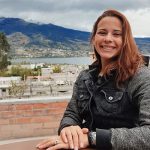 Mayra Rodríguez González
Mayra Rodríguez González
Urban and Community Forestry, Environmental Justice
mayra.rodriguez_gonzalez@uconn.edu
860-409-9079
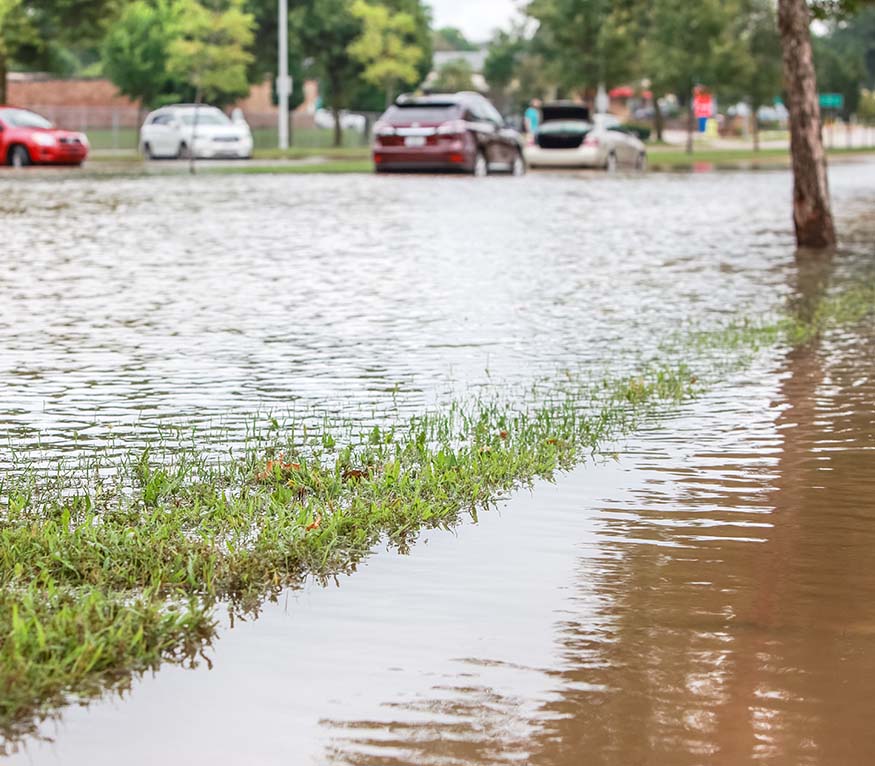
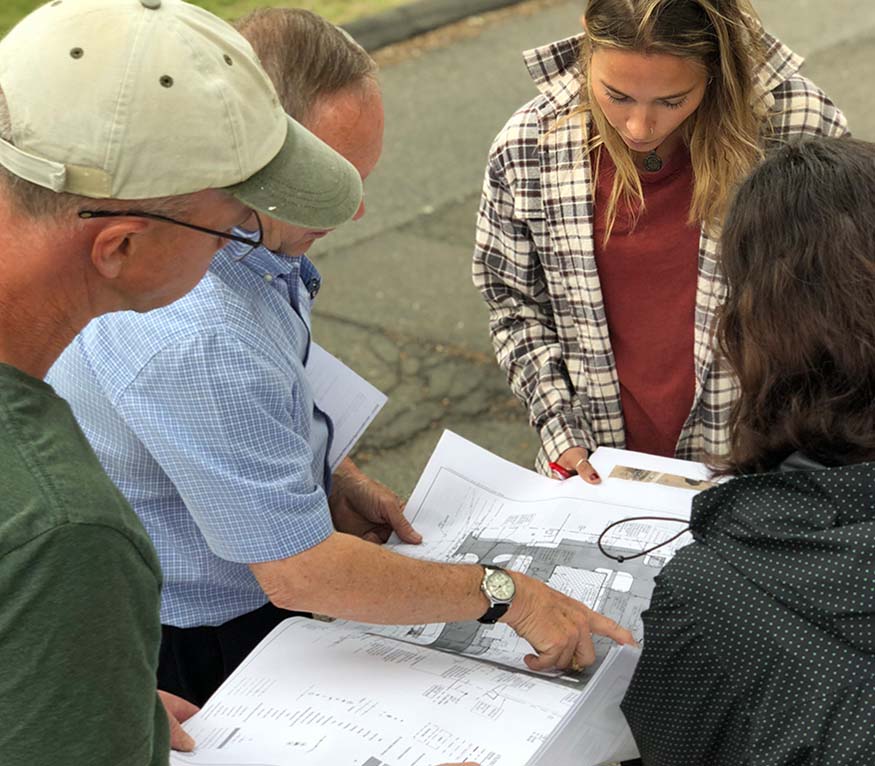
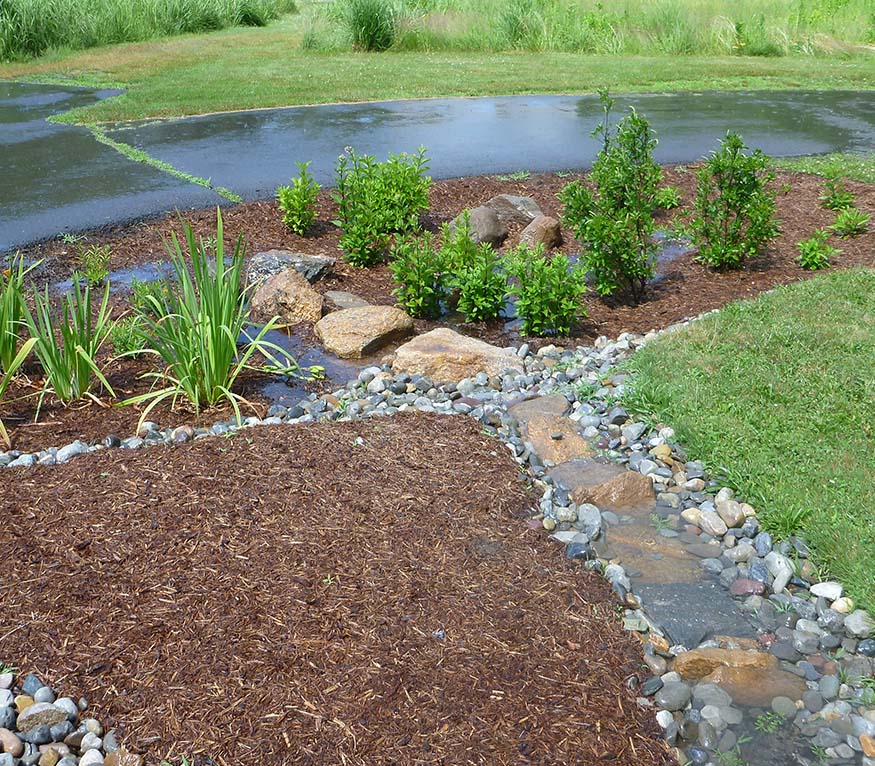

 Nancy Balcom
Nancy Balcom Juliana Barrett
Juliana Barrett Renata Bertotti
Renata Bertotti Cary Chadwick
Cary Chadwick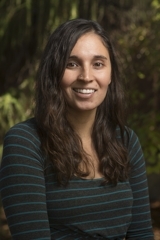 Laura Cisneros
Laura Cisneros Marc Cournoyer
Marc Cournoyer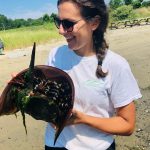 Margaret Cozens
Margaret Cozens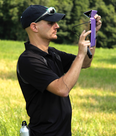 David Dickson
David Dickson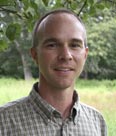 Mike Dietz
Mike Dietz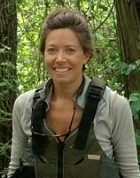
 Shuresh Ghimire
Shuresh Ghimire Mary Looney
Mary Looney 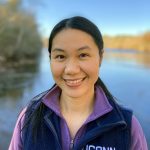 Qian (Rachel) Lei-Parent
Qian (Rachel) Lei-Parent Owen Placido
Owen Placido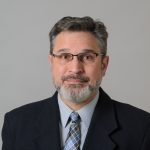 Jason Vokoun
Jason Vokoun Emily Wilson
Emily Wilson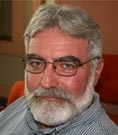 Thomas Worthley
Thomas Worthley